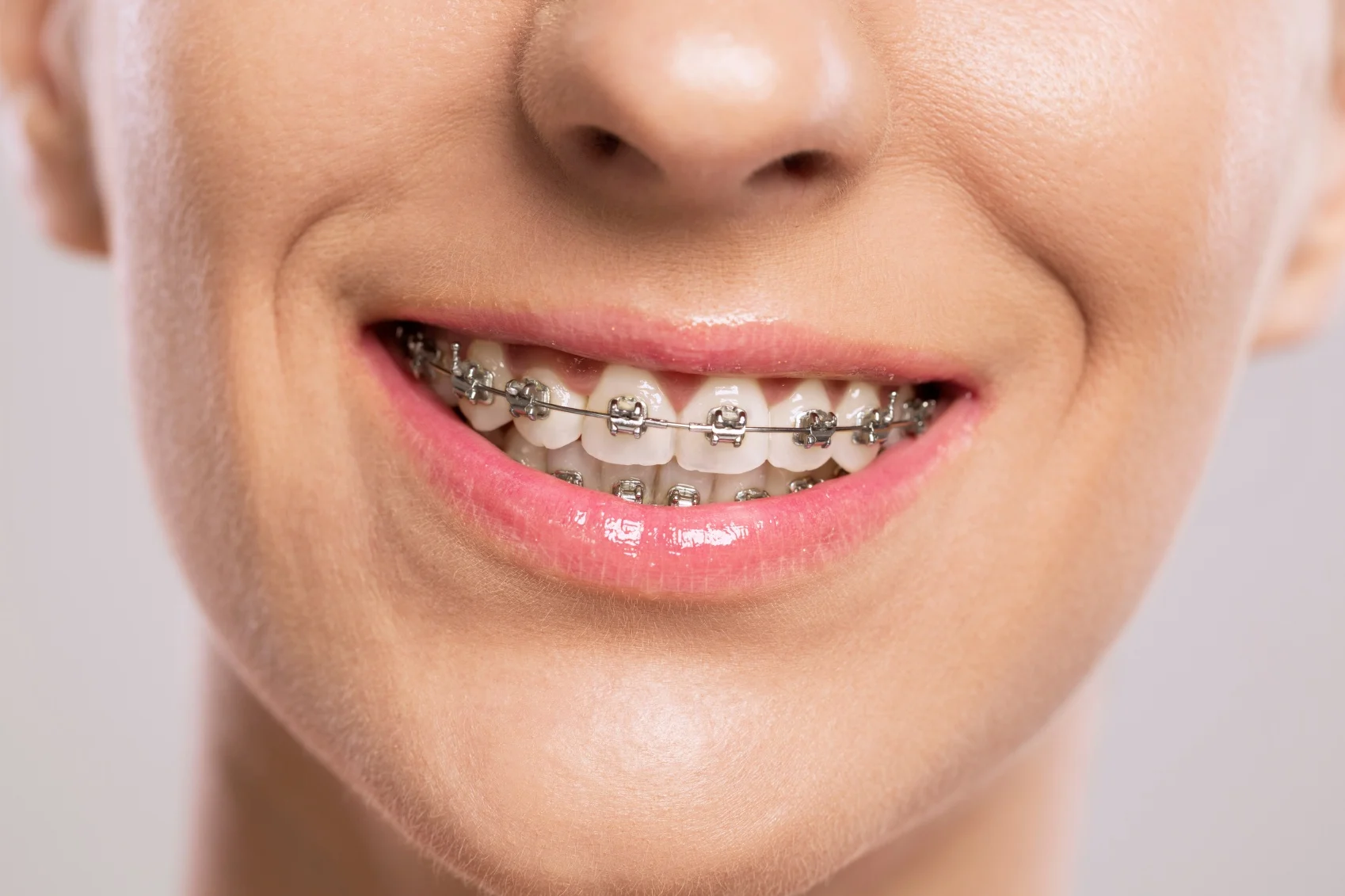Although getting braces means that one is on the way to achieving the required perfect smile, it also means one has to be very cautious particularly when playing sports or when practicing any form of physical activity.
It is wise to wear a mouthguard since it guards your teeth as well as your braces against harm. Let’s look at the features that will lead you to the right mouthguard and how to take care of it when you are wearing braces.
1. The Advantages of Using Mouth Guards During Braces
Braces are a very sensitive structure and can be broken easily especially when the patient is engaging in any sporting activity. Mouthguards protect the teeth and mouth from the impact of a blow especially to those with braces to reduce potential injuries on the teeth, gums and lips.
It also protects you from having to pay extra money for the braces if they get damaged in the process which will also prolong your time in the treatment process.
2. Types of Mouth Protectors Suitable For People With Braces
In most cases there are three categories of mouth guards that one can use and only one type of mouth guards that are recommended for individuals with brace work.
Here are the best options:
Custom-Fit Mouthguards: These are prescribed and are chosen for your mouth by a dentist or an orthodontist. Custom mouth guards that are made following a dentist prescription are the most effective and comfortable because they cover the patients braces. As one can imagine, they are slightly expensive but provide the highest level of protection that any individual can imagine.
Boil-and-Bite Mouthguards: These are cheaper and can be modeled at the comfort of one’s home. It is softened in boiling water while the subsequent biting creates a mouth guard to fit the mouth size. Nevertheless, one has to be very careful with the fit, so that it is not too tight since it will place pressure on your teeth to realign them in the brackets or braces.
Orthodontic Mouthguards: These guards are especially tailor-made for individuals with braces to be able to accommodate the brackets and wires without hindering the braces’ adjustment process. These are bigger than the conventional mouth guards and other guard other structures including braces in the oral cavity.
3. A Guide toSelecting the Right Mouth Guard
When choosing a mouthguard for braces, consider the following factors:
Fit and Comfort: It should be tight and cover the braces without putting pressure on the teeth of the gums part. It is advisable to use comfortable clothes because you will be wearing most of them for a long time during the activities.
Protection Level: Make sure that the mouthguard provides enough cushioning particularly around the braces in a bid to avoid any direct blow that might harm the braces.
Material Quality: Select sturdy fabric and non-slippery material for its base so that the furniture will be able to last longer with heavy traffic.
4. Caring for Your Mouthguard
As mentioned earlier, it is important to care for the mouthguard to ensure that it is clean and still functional. Follow these steps:
Cleaning: It’s recommended that after use, the mouthguard should be rinsed with cold water and then gently cleaned with a soft brush and nonabrasive toothpaste or soap. Do not use hot water to bathe him because it will change the shape.
Storage: Mouth guards should also be kept in an aerated container to avoid growth of bacteria. It should not be left directly under the sun or in any hot place, so that it remains in form.
Regular Inspection: Make sure to inspect your mouthguard often, looking for any form of breakages or deformities that are horrifying to the eyes. If there are any signs of wear or damage you should replace the cover as soon as possible.
Consult Your Orthodontist: Due to the teeth movement during the treatment period, one may require to get the mouthguard modified. Scheduling appointments with your orthodontist will help you know if it suits you still or needs replacing for it to serve its protective function.
5. Signs You Need a New Mouthguard
It is important that the mouth guards should be replaced over a while or when sometimes you see that your bite has changed or if the mouth guard has been damaged. In most cases, you should replace your mouthguard every six months, or as your orthodontist instructs you.

Ruby Stauffer is a prominent technology blogger known for her insightful analysis and in-depth reviews of the latest tech trends and gadgets. Her blog has become a go-to resource for tech enthusiasts seeking reliable information and expert opinions on the ever-evolving world of technology.

